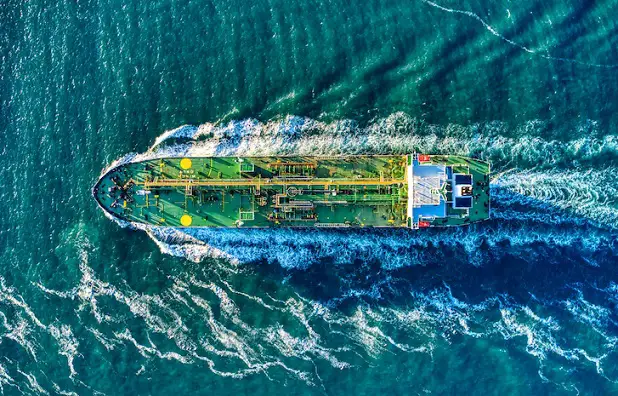On Monday, Bloomberg reported that Estonian Foreign Minister Urmas Reinsalu has requested the EU lower the price cap on Russian crude oil sales to $30 per barrel, and impose a similar measure on the nation’s sale of liquified natural gas (LNG) exports.
According to the report, Reinsalu argued that the $60 per barrel price cap currently in effect is “far too high” and should be lowered to $30 per barrel because, “Russia gets billions from that business.”
On December 5th, the EU imposed a price cap on sales of Russian seaborne crude in order for shipments to receive necessary Western shipping services, such as insurance or brokerage. Any sales which were sold at prices above the price cap would not be allowed to acquire those services, and thus could not be shipped. The cap was an attempt by the West to prevent Russia from profiting from crude oil sales, without removing Russian supplies from the market, and triggering a worsening of the energy crisis, or the associated inflationary pressures which could be expected if the price of oil were to suddenly spike.
In setting the cap, Brussels secured commitments from members to review the cap price every two months, and revise it when necessary, and to maintain the price cap at 5% below market prices.
According to data from the Russian finance ministry, the average price of Urals crude was $46.82 per barrel during the period between the 15th of January and February 14th.
Estonia is also seeking an additional price cap be imposed on Russian sales of LNG. Even as the Kremlin’s sales of oil to the EU have dwindled to one third of normal amounts according to data from the International Energy Agency, exports of LNG have skyrocketed, as France, Belgium, and Spain have become major buyers.
Reinsalu argues that combining the measures would generate a “holistic approach to pressure Russia,” as the West finds itself running out of ways to further sanction Moscow.
Russian LNG production was up by 8.1% last year, reaching a record 32.5 million tons, according to Russia’s Federal Statistics Service Rosstat, which noted the Sakhalin-2 plant alone produced 11.5 million tons of the fuel.


